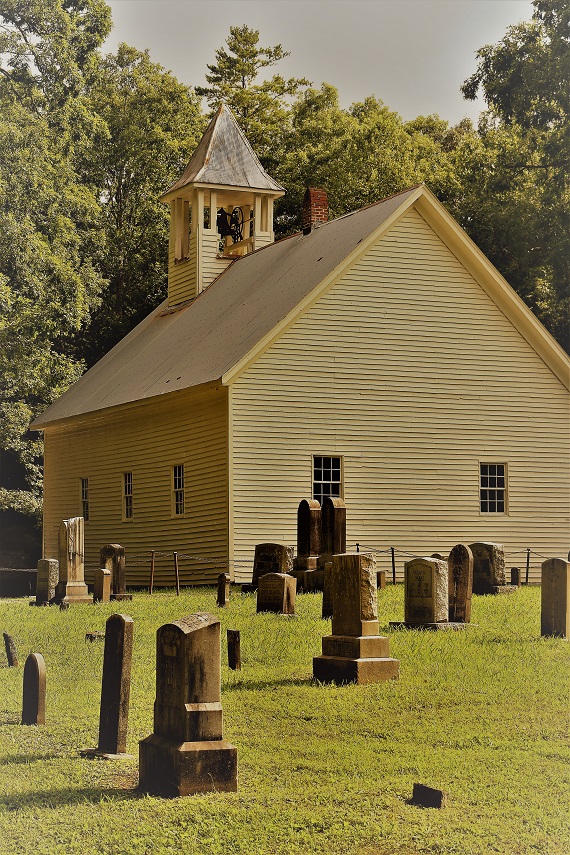
The Thanksgiving holiday always puts me in mind of the history of this country from its hopeful beginnings as thirteen separate colonies, through its tortured periods of strife and conflict, until our own day when the very existence of the Framers’ design seems to be coming apart at the seams.
Yet, we still have hope, and we still celebrate our inheritance.
From the beginning of what became the American nation, we have given thanks to Almighty God for His bounty, for our lives and our families, for our homes, and for the multiple blessings bestowed upon us. When our ancestors came to these shores they brought with them their traditions, their customs, their language and literature, and their religious faith. They crossed the Atlantic mostly to find better land for cultivation and for more opportunities for them and their families. And they came largely in entire communities of people with the same background, same race, and same national and religious heritage.
I can find no better example of this kind of communal migration than my father’s family, which arrived in a group with other Scots in Philadelphia in 1717. Eventually, they came down the Great Wagon Road to the Piedmont region of North Carolina (ca. 1745) from which some eventually found their way to nearly every Southern state, and by 1849, to California during the famous “gold rush.” What is fascinating is to compare the list of family surnames that appear in census records for the little community of Catheys Valley, California (near Yosemite), in 1940, with family names listed in the “Scots-Irish Settlement” in old Rowan County in 1747 (as compiled by Robert W. Ramsey in his study, Carolina Cradle: The Settlement of Northwest Carolina, 1747-1762), with listings of parish records for Antrim County, Northern Ireland (1680), and then with the records of several parishes in Ayrshire and Wigtown, Scotland, a few decades earlier. Many of the same family names that appeared in community in the early 1600s continued to show up, in community, in 1940. That is, the very same folks who once lived and worked and prayed together in communities in Scotland 400 years ago continued, through later generations, to form a community, even far into the twentieth century.
The historian Richard Beale Davis, in his exhaustive three-volume study, Intellectual Life in the Colonial South, 1585-1763, demonstrates conclusively that those early settlers, especially in the Southern colonies, brought with them their precious cultural patrimony from the British Isles, as did the German colonists from German states, and in places like Louisiana, as did the settlers from France. They were not, essentially, attempting to create a completely “new utopia” out of the wilderness, but rather to continue the experience and blessings of their inherited legacies, their customs and their beliefs. Although by no means in conflict with their European heritage, the colonies, in particular in the South, did over the years modify that rich Old World patrimony, adjusting to distance, circumstance, climate, the presence of Indians, and the mixture of additional immigrants. The result was quantifiably conservative and localist. It was on this foundation that the American republic would one day be erected.
And it was a country that was firmly anchored in the land, by place and community, and by ties of blood and family. Which is precisely why the current Neoconservative and dominant “movement conservative” position that America was founded on abstract ideas of “equality” and “human rights,” and their rejection out of hand of the American Founding as one inseparable from land and family, is utter nonsense—and just one more indication of their philosophical origin over on the Progressivist Left and in the occluded and fevered mental gymnastics of abstract Rationalism, disconnected from the reality of American history.
Thanksgiving is a holiday to celebrate not just our blessings and our God-given bounty, but a day of recalling who we are and have been as a people, of remembering our past and our traditions, of honoring our ancestors and our common legacies, mostly from Europe, but admitting others to these shores who willingly adopt and share our beliefs, and integrate into our culture and society.
This is our heritage and our existence as a people; we have no other. It is precious beyond all price, and once lost, it leaves us in despair, isolated, atomized, and subject to the whims and dictates of “Big Brother” and the ravenous centralizing managerial Deep State.
My hope is that, with God’s help, we may indeed reverse the seemingly irreversible revolutionary tide and recover our inheritance. But that goal can only be achieved if there be a true realization of who we are as a people. And by that I mean understanding the critical role of our families and the importance of our communities, and realizing the need to recover our constitutional liberties, comprehending the necessity of our faith, and the willingness to gird up for unconditional battle against those who would rob us of our patrimony and pervert and eventually destroy the republic.
That is my sincere wish for this Thanksgiving.





